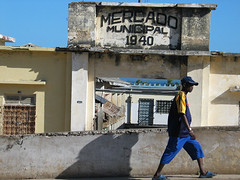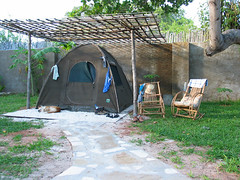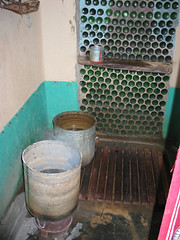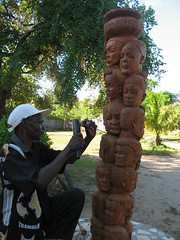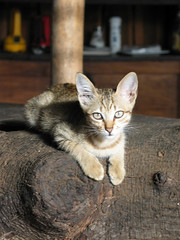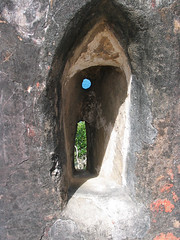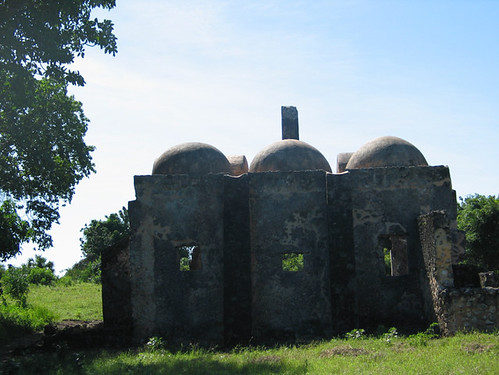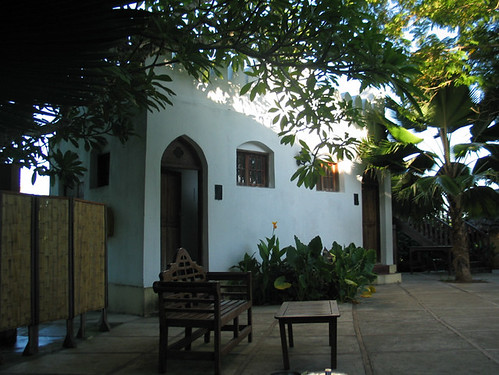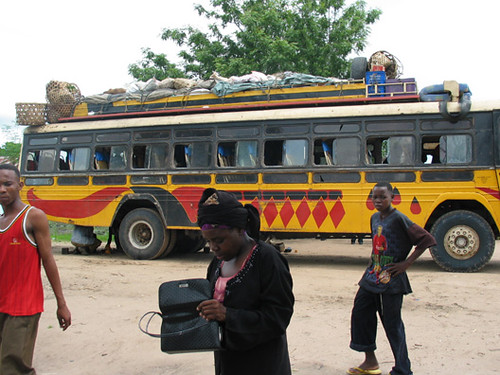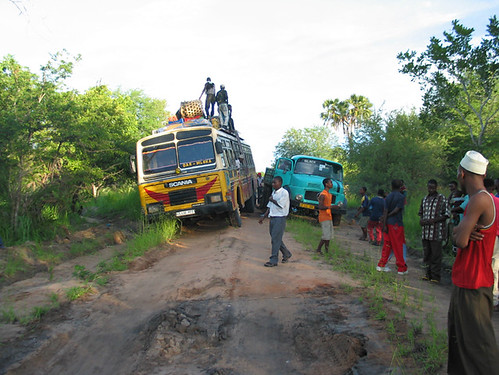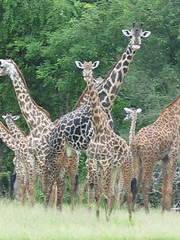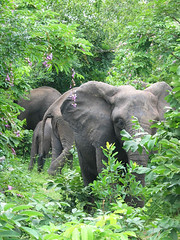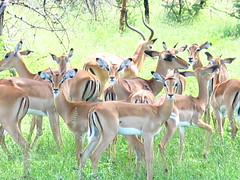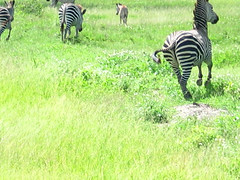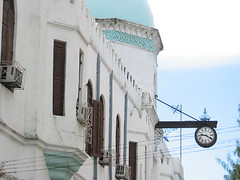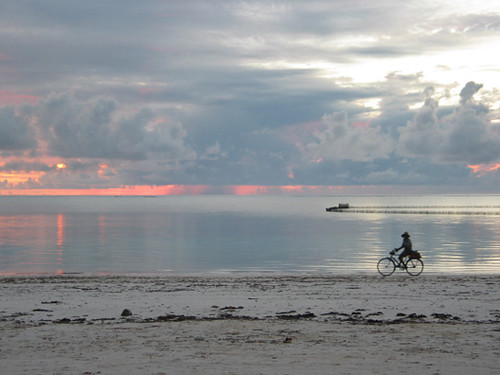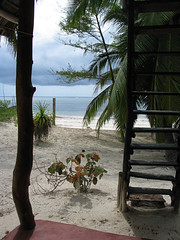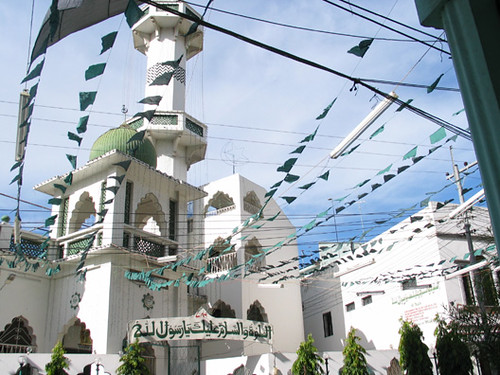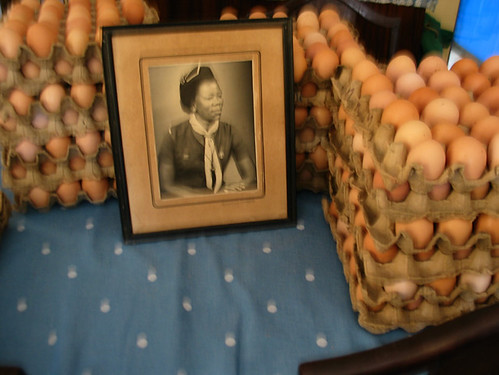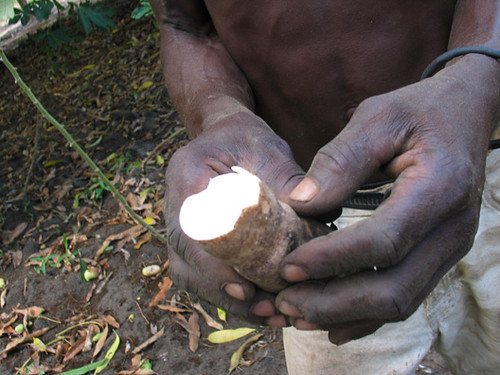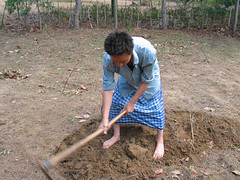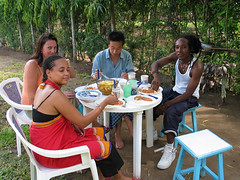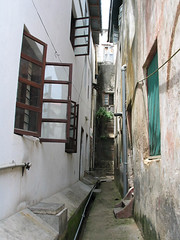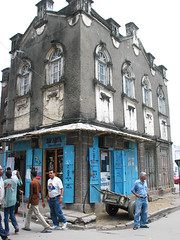awoken at 3am by the sound of drumming
Will need to backtrack to update you on our rather harrowing trip across the border from Tanzania to Mozambique. We are only now, almost a week later, able to connect again to the internet.
In any case, I wanted to just tell you now about where we are now & later I'll fill in some gaps. We are on the Ilha de Mocambique, a small island (about 1.5km in length) that is connected by a 3km bridge to the mainland of Mozambique. It was another Portuguese colonial seat of power, but was until mid 20th Century, the Capital of Mozambique as well, and so instead of ruins, there are old dilapidated, but GORGEOUS thick-walled buildings in a very picturesque setting in the Indian Ocean.
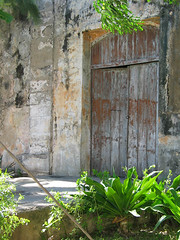
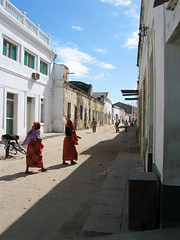
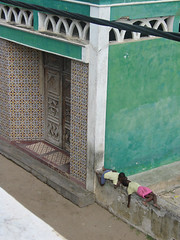
Lots of breezes, soft air, and the place is just stunningly beautiful, with an odd tension in the older areas between what buildings are inhabited, and being used for their original purpose, and what is happening there now as alot of the buildings are going through renovations & many are also being squatted. The population here - some 20,000 - is still for the most part not completely changed by tourism (the place is hard to get to), so there is still a vibrant local culture as well.
So...it was 3am, and I was awoken by the sound of drumming. There was a P.A. system, and the sound of a crowd. After lying there for awhile, I decided that it sounded close enough & the drumming was intense aqnd good enough that I should just go ahead out in the night and track it down. I left our little hotel in the pitch black, almost sleepwalking toward the sound. Surprisingly there was quite a bit of street activity at night, and I found my way along the sandy port road, past the mosque, to the area of town where most of the people live. There, thatched roof humble dwellings are patched together into a system of walkways that lie on a lower level than the roads that are above. I finally found the source of the drumming, and was pleased to find singing and dancing as well. The best I could understand was that it was a series of singing and dance "groups" from the neighborhoods, that were performing in succession for people from the neighborhood (and others like myself, who had been called by the music). Note: I later found out that this was TUFO dancing, something the island is particularly known for - I feel really lucky to have seen it as it only occurs before special events & Islamic feast days.
I found a place to sit on the escarpment above and from this perch happily watched and listened for several hours until daybreak, when I walked along the ocean amazed at the lavendar sky. My presence attracted some attention, but not alot. As each group finished they would climb the stairs to where I was to catch a breeze, cool off, smoke, and buy a juice or soda from the small merchant stand. Many asked if I liked the music, one kissed my face in appreciation of my appreciation.
We are enjoying Mozambique very much.
